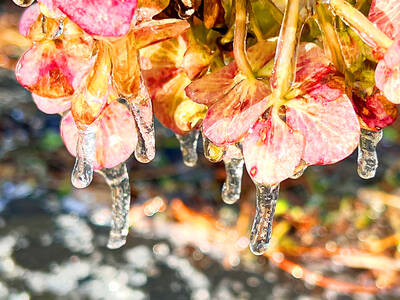Democratic Progressive Party (DPP) Legislator Chen Chi-mai (陳其邁) yesterday accused former vice president Lien Chan (連戰) of abusing the state’s security resources by asking for a nine-strong security detail from the National Police Administration (NPA) after his four-year period of retirement benefits expired.
Under the 2007 amendments to the Act of Courtesy for Former Presidents and Vice Presidents (卸任總統副總統禮遇條例), Lien is entitled to four to eight guards for four years, but he continued to request a security detail after his benefits period ended in 2010, Chen said.
Lien requested — based on the “Regulations for Dispatching Security Guards for Central Government Chiefs and Special Individuals” (中央政府機關首長及特定人士安全警衛派檢作業規定) — a total of nine security guards, one more than allowed for retired vice presidents, on the grounds that his family has constantly received “blackmail letters and telephone calls” and because the 2010 “case where [his son] Sean Lien (連勝文) was shot has not been solved,” the lawmaker said.
However, Chen said that of the six cases the Liens reported to the police since 2011 basically involved tirades and blackmail letters, none of which were found to be substantial threats, which the regulations specify that they would have to be to justify extending protection, while the Sean Lien shooting case was closed in 2013.
The Lien family should not be using public resources as personal bodyguards, Chen said.
“With Lien Chan’s wealth, which has been estimated at about NT$30.5 billion [US$928.3 million] and a monthly pension of NT$375,000, it would not be a problem for him to hire his own bodyguards,” Chen said, adding that a nine-member security detail costs the government about NT$7.83 million a year.
Chen said the NPA should review its measures on security for retired presidents and vice presidents, saying some have been given more courtesy than they are due.
Her criticism came a few days after the Taiwan Solidarity Union caucus’ revealed that Lien Chan had asked his security detail to accompany him on his trip to Beijing last week.

The Taipei City Government yesterday said contractors organizing its New Year’s Eve celebrations would be held responsible after a jumbo screen played a Beijing-ran television channel near the event’s end. An image showing China Central Television (CCTV) Channel 3 being displayed was posted on the social media platform Threads, sparking an outcry on the Internet over Beijing’s alleged political infiltration of the municipal government. A Taipei Department of Information and Tourism spokesman said event workers had made a “grave mistake” and that the Television Broadcasts Satellite (TVBS) group had the contract to operate the screens. The city would apply contractual penalties on TVBS

The lowest temperature in a low-lying area recorded early yesterday morning was in Miaoli County’s Gongguan Township (公館), at 6.8°C, due to a strong cold air mass and the effect of radiative cooling, the Central Weather Administration (CWA) said. In other areas, Chiayi’s East District (東區) recorded a low of 8.2°C and Yunlin County’s Huwei Township (虎尾) recorded 8.5°C, CWA data showed. The cold air mass was at its strongest from Saturday night to the early hours of yesterday. It brought temperatures down to 9°C to 11°C in areas across the nation and the outlying Kinmen and Lienchiang (Matsu) counties,

A new board game set against the backdrop of armed conflict around Taiwan is to be released next month, amid renewed threats from Beijing, inviting players to participate in an imaginary Chinese invasion 20 years from now. China has ramped up military activity close to Taiwan in the past few years, including massing naval forces around the nation. The game, titled 2045, tasks players with navigating the troubles of war using colorful action cards and role-playing as characters involved in operations 10 days before a fictional Chinese invasion of Taiwan. That includes members of the armed forces, Chinese sleeper agents and pro-China politicians

STAY VIGILANT: When experiencing symptoms of carbon monoxide poisoning, such as dizziness or fatigue, near a water heater, open windows and doors to ventilate the area Rooftop flue water heaters should only be installed outdoors or in properly ventilated areas to prevent toxic gas from building up, the Yilan County Fire Department said, after a man in Taipei died of carbon monoxide poisoning on Monday last week. The 39-year-old man, surnamed Chen (陳), an assistant professor at Providence University in Taichung, was at his Taipei home for the holidays when the incident occurred, news reports said. He was taking a shower in the bathroom of a rooftop addition when carbon monoxide — a poisonous byproduct of combustion — leaked from a water heater installed in a poorly ventilated